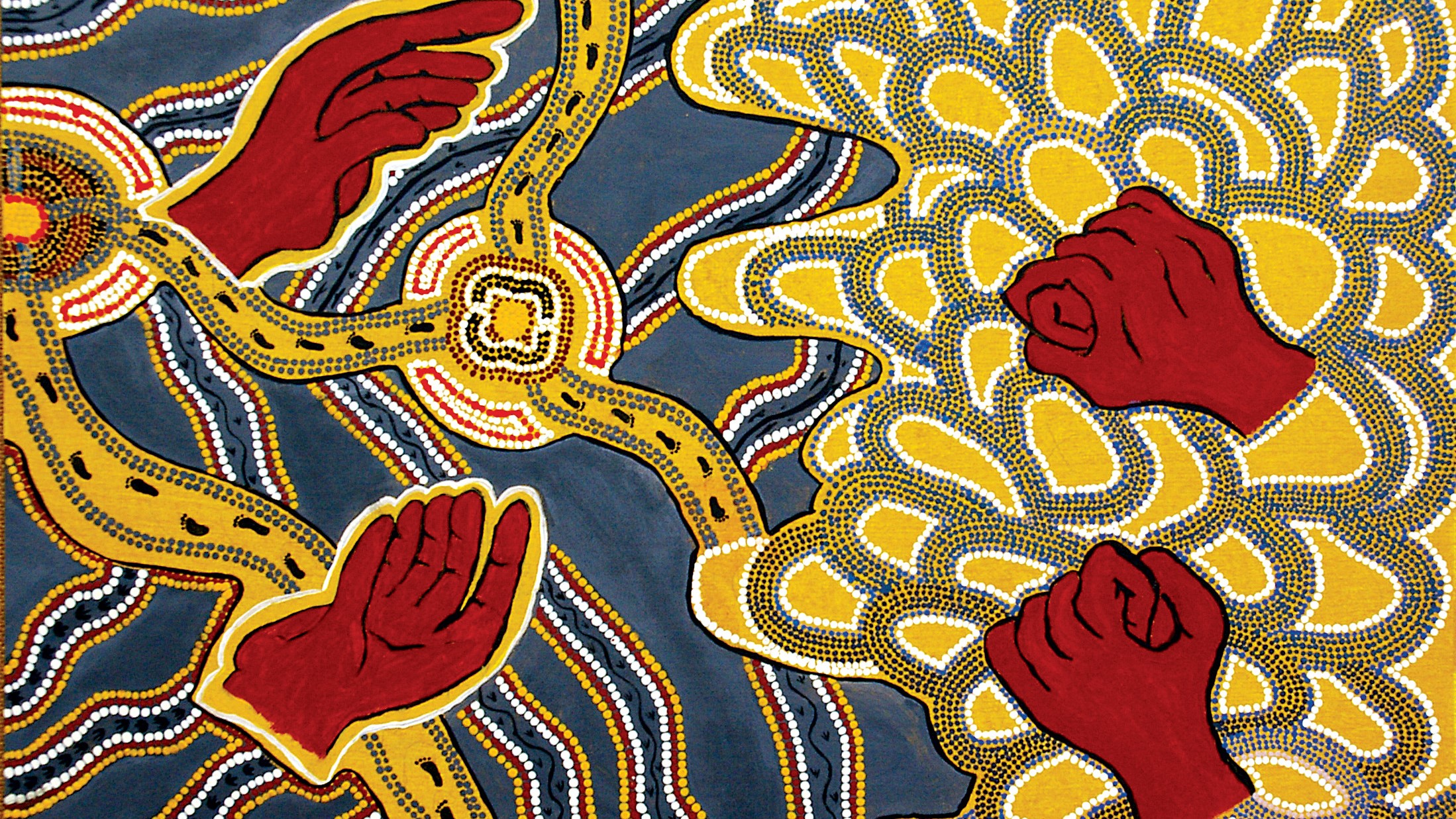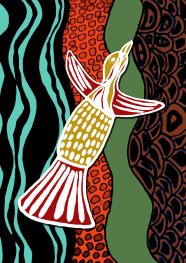
2014 Seminars
Presentation Type
Presentation
Location
The University of Notre Dame Australia, Broome Campus
Start Date
4-9-2014 12:00 PM
Description
Magali’s doctoral research has come about as a result of her professional involvement as a filmmaker with Aboriginal communities over the past nine years, particularly with Nyikina women in the Kimberley. In her thesis, “Jimbin Kaboo Yimardoowarra Marninil – listening to Nyikina women, from the inside to the outside: an inter-generational journey of cultural actions, economic and self-determination initiatives on Nyikina country through film” she explores Nyikina women’s aspirations for sustainable community development, their engagement with, or disengagement from, the state apparatus, and the strategies of resistance and alternatives they have developed over the years in response to the failure of various government policies, examining the women’s agency in an increasingly neo-colonial context through the cultural actions they have put in place in their communities over the last twenty years.
By firmly grounding the women in their cultural landscape with visual story-telling, and carrying out a Foucauldian deconstruction of the historical, anthropological, and development discourses which have influenced their lived experiences, Magali reflects on the women’s strategies of resistance, where film plays a paramount role in reclaiming these discourses and re-affirming their Nyikina identity. The films we make are a performative device connecting people to themselves and others locally, nationally, and internationally. In fact, they are the ultimate performance, encompassing all other cultural actions and acts of resistance into a visual interpretive story which is simultaneously a visual act of inscription, a unique lived experience of Indigenous singularities, renewing old and forming new social alliances with other Indigenous and non-Indigenous people across Australia and the world.
In this presentation, through showing excerpts of her latest documentary Three Sisters, and discussing some methodological aspects of her thesis, Magali would like to explore the use of film both as an empowering act of resistance to neo-colonial oppression, and as a decolonizing methodology.How do Aboriginal people choose, and what do their choices reveal about the value of the customary economy and cultural production? By exploring these potentially rival uses of Aboriginal labour from an Aboriginal perspective we can better understand the motivating forces at play in Aboriginal participation in economic development in remote Australia, which could inform labour market and economic development policy.
Recommended Citation
McDuffie, Magali, "“Jimbin Kaboo Yimardoowarra Marninil” – listening to Nyikina women’s voices, from the inside to the outside: an inter-generational journey of cultural actions, economic, and self-determination initiatives on Nyikina country through film" (2014). Talking Heads Seminar Series. 9.
https://researchonline.nd.edu.au/nulungu_talkingheads/2014/schedule/9
“Jimbin Kaboo Yimardoowarra Marninil” – listening to Nyikina women’s voices, from the inside to the outside: an inter-generational journey of cultural actions, economic, and self-determination initiatives on Nyikina country through film
The University of Notre Dame Australia, Broome Campus
Magali’s doctoral research has come about as a result of her professional involvement as a filmmaker with Aboriginal communities over the past nine years, particularly with Nyikina women in the Kimberley. In her thesis, “Jimbin Kaboo Yimardoowarra Marninil – listening to Nyikina women, from the inside to the outside: an inter-generational journey of cultural actions, economic and self-determination initiatives on Nyikina country through film” she explores Nyikina women’s aspirations for sustainable community development, their engagement with, or disengagement from, the state apparatus, and the strategies of resistance and alternatives they have developed over the years in response to the failure of various government policies, examining the women’s agency in an increasingly neo-colonial context through the cultural actions they have put in place in their communities over the last twenty years.
By firmly grounding the women in their cultural landscape with visual story-telling, and carrying out a Foucauldian deconstruction of the historical, anthropological, and development discourses which have influenced their lived experiences, Magali reflects on the women’s strategies of resistance, where film plays a paramount role in reclaiming these discourses and re-affirming their Nyikina identity. The films we make are a performative device connecting people to themselves and others locally, nationally, and internationally. In fact, they are the ultimate performance, encompassing all other cultural actions and acts of resistance into a visual interpretive story which is simultaneously a visual act of inscription, a unique lived experience of Indigenous singularities, renewing old and forming new social alliances with other Indigenous and non-Indigenous people across Australia and the world.
In this presentation, through showing excerpts of her latest documentary Three Sisters, and discussing some methodological aspects of her thesis, Magali would like to explore the use of film both as an empowering act of resistance to neo-colonial oppression, and as a decolonizing methodology.How do Aboriginal people choose, and what do their choices reveal about the value of the customary economy and cultural production? By exploring these potentially rival uses of Aboriginal labour from an Aboriginal perspective we can better understand the motivating forces at play in Aboriginal participation in economic development in remote Australia, which could inform labour market and economic development policy.




